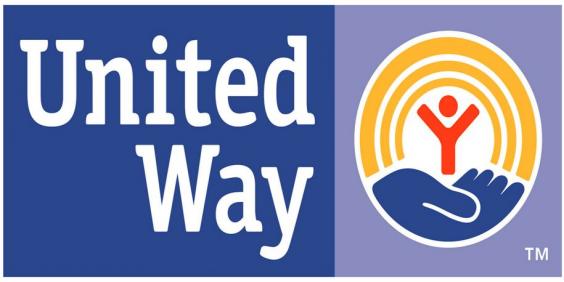United Way-Led Initiative in Chittenden County, Vermont Strengthens Local Workforce

The County Health Rankings shows us that there are a web of factors that influence health including education, housing, the environment, and the availability of nutritious food. Another important factor is income and employment. Efforts to ensure a strong workforce and reduce poverty also contribute to building a healthier community.
In 2006, United Way of Chittenden County began to investigate poverty in the county and realized that steady employment was a key pathway out of poverty for working families. United Way brought together a number of local employers to examine the barriers that prevent workers from accessing resources, which in turn impact their ability to perform at work. This cadre of employers, in conjunction with the United Way, wanted to develop a different approach to support these workers and their families and what emerged was Working Bridges. This network of local employers came together to create policies and practices aimed at ensuring the success of their low to moderate wage employees.
“It’s not about social service programs in the workplace; it’s about business thriving because employees are empowered,” said Lisa Falcone, Working Bridges Project Director at United Way of Chittenden County. “Employees benefit from the broad range of resources offered, while employers see higher productivity, less absenteeism and greater retention. It’s a win for the entire community.”
With assistance ranging from locating childcare resources, to securing reliable transportation options, or accessing an income advance loan —Working Bridges is strengthening the workforce in this northern Vermont community. One aspect of the program, the Employee Income Advance Loan program, offers emergency financial assistance for employees. “A number of low wage workers are unbanked or face credit issues which limit their access to traditional banking services. As a result many ask employers for pay advances,” said Falcone.
In offering the Income Advance Loan, employers partner with local credit unions to offer employees personal loans which are paid back through payroll deduction. No credit check is required. Loans are available for employees for rent, utilities, medical costs, and other unexpected expenses and to date more than $1.5 million has been loaned to employees. “What’s unique about the program is that the payroll deduction isn’t cut off once the loan is repaid. If an employee doesn’t opt out, the money continues to be deducted and put into a savings account.” Through the program, many employees are saving money for the first time.
Other Working Bridges program highlights:
- Resource Coordinators: Rotating between various jobsites, Resource Coordinators assist employees in accessing state benefits, childcare, housing assistance and more. Since coordinators come to the workplace, employees don’t have to take valuable time off work to address these critical needs. Nearly 1,500 workers have been helped by these coordinators.
- Skill Development: Working Bridges also provides employees with educational opportunities including GED, English and financial literacy classes. In addition to providing space for classes, several employers are providing partial or full pay for the hour employees are spending in classes. By scheduling the classes during the day, employees do not have to juggle personal responsibilities with the ability to participate.
Currently, United Way of Chittenden County is working with United Ways across Vermont to expand Working Bridges statewide. Looking towards the future, the program will broaden its efforts to include sector based training setting the stage for even greater success and opportunity in the future. “We envision a Working Bridges 2.0,” said Falcone.
To learn more about Working Bridges, visit: https://www.unitedwaynwvt.org/community-impact/our-programs/working-bridges/
To learn more about other innovative workforce solutions, visit: http://bit.ly/1Q9OxdJ
